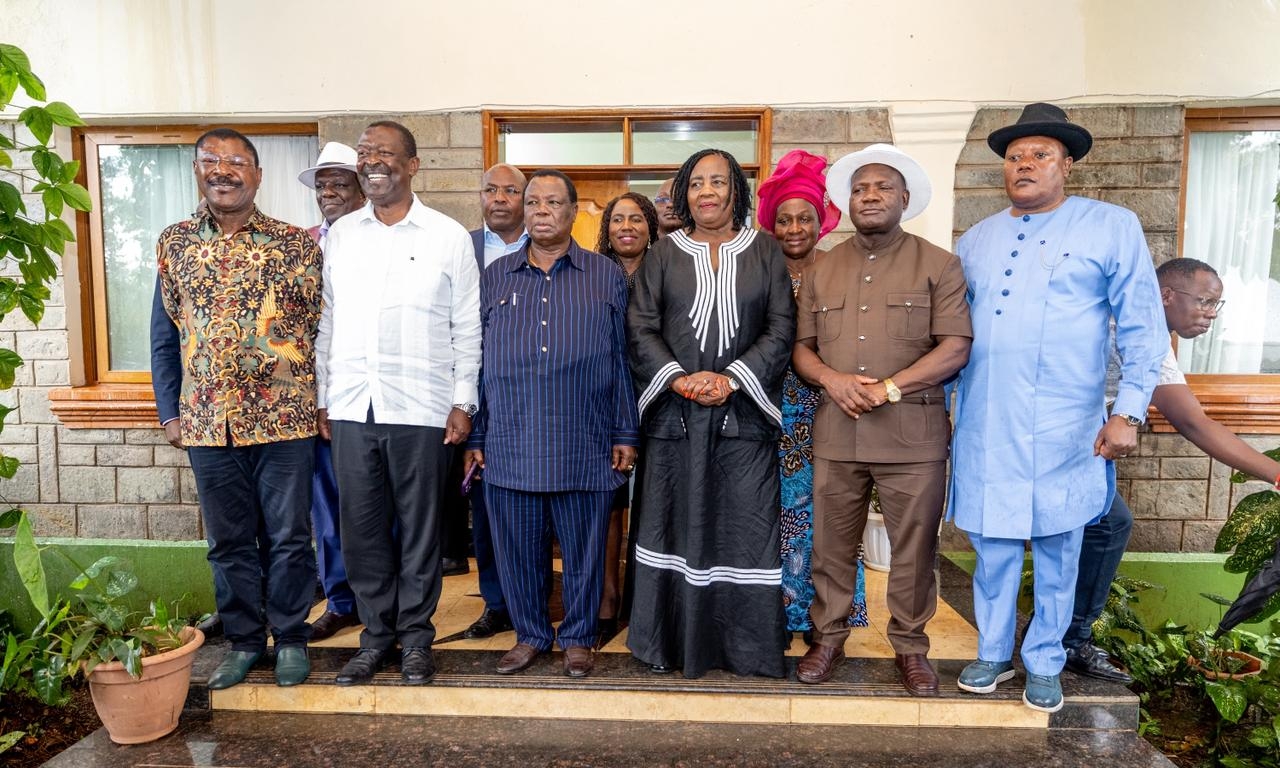American tech titan Elon Musk’s satellite internet firm Starlink has disrupted the network market, wooing customers with sweeter and sweeter bargains and better speeds.
This has sparked a debate on internet costs, with excited Kenyans pitting it against local internet service providers (ISPs) who, on sensing the eminent competition are calling for government intervention.
Currently, Starlink offers a competitive 50 gigabytes data package in Kenya priced at Sh1,300.
The “Starlink Standard – 50 GB” plan provides high-speed internet access at fixed residential locations across the country. Users can conveniently purchase these bundles via popular mobile money platforms like M-Pesa or Airtel Money.
This translates to Sh26 per GB with a speed of up to 220 Mbps, way lower than the country's average price of $0.59 or Sh76.20 and over 20 times faster than the average internet speed of 9.78 Mbps according to the Communication Authority (CA).
The emerging trend in the internet business in the country has caused jitters amongst local players, with the country's leading telco, Safaricom lobbying the regulator to block foreign satellite internet providers (ISPs).
The telco has since written to the CA, demanding that it compel satellite providers to operate in Kenya solely under an arrangement with a local licensee.
“We would propose that the CA consider, instead, mandating that such satellite service providers only carry out their operations in Kenya subject to such providers agreeing with an existing local licensee,” Safaricom said in a July 15 memo seen by the Star.
The public is however favoring liberalisation, with many taking to social media platforms to castigate Safaricom for fearing competition.
Telecommunication Experts have joined the conversation, with some like James Buluma siding with the public.
"A much affordable, reliable and accessible internet is vital for economic growth. I support liberalization as long as those coming into the market observe set guidelines,'' Buluma said.
He added that while the country has some of the most affordable internet rates and penetration in the world, the growth is much slower, with late adopters like Malawi, Somalia, Nigeria, Ghana and Rwanda closing in.
A gigabyte of internet bundles costs an average of $0.59 or Sh76.20 in Kenya, ranking the country at position 57 globally in terms of affordability.
This is an improvement from Sh112 in 2020 according to a survey by the World Mobile Data Pricing.
The country is however trailing Malawi which is charging the least amount of $0.38 or Sh49 per GB followed by Nigeria, Ghana and Somalia at $0.39, $0.40 and $0.50 respectively.
Rwanda charges an average of $0.55 or Sh70.95 despite.
For fixed internet, which is generally considered more reliable than dial-up internet, Kenyans pay an average of $1.76 (Sh280.8) for every Mbps of unlimited connection speed.
This is more than double the cost in South Africa ($0.60) and Egypt ($0.16). It also beats the average prices in Nigeria ($1.72) and Morocco ($1.16).
Kenya also trails its peers when it comes to internet speed, with the average broadband internet speed being 9.78 Mbps, five times less than South Africa’s 49.71 Mbps.
In Nigeria, the speed is 26.48 Mbps, Morocco (36.53 Mbps), Egypt (22.11 Mbps), and the global average is 48.61 Mbps.
While internet charges and speed in the country are considered fair compared to the global and continental averages of $2.12 and $3.31, a further slash is needed as the item climbs to the base of needs, consuming a better part of household income.
Nuvoni Centre for Innovation Research estimates that a lower middle-income household in urban Kenya with a monthly income of Sh30,000 spends at least 15 per cent on the internet, making it number four on the list of needs priorities after food, shelter and clothing.
It adds that at least 3 hours and 35 minutes are spent online, largely on social media which has less economic value compared to a country like South Africa where people spend an average of 9 hours and 24 minutes using the internet daily.
"Most of this time is spent doing economically productive work as South Africans only spend an average of 3 hours 41 minutes on social media each day,'' the report reads.
The high cost of internet connection, coupled with its wavering reliability and poor governance in the country have kept it out of reach for many that need it, reducing the internet to just an entertainment medium with few making constructive use of it, data shows.
There were 22.71 million internet users in Kenya in January 2024.
Kenya's internet penetration rate stood at 40.8 percent of the total population at the start of 2024.
An analysis by Kepios indicates that internet users in Kenya increased by 445,000, a two per cent growth between January 2023 and January 2024.
This is despite heavy investment by the government, with the Ministry of Information Communication Technology (ICT) saying that 8,419 kilometers of optic fiber have been constructed in Kenya’s remote counties since October 2022, and 2,261 new public Wi-Fi hotspots deployed.
Costly internet is not unique to Kenya.
Available data shows that it is much more expensive in other East African Community partner states, partly forcing many people in the region to keep off the internet.
According to Meltwater’s ranking, of the 20 countries where broadband internet is least affordable, three are in EAC, with Burundi currently leading the pack.
However, firms like Starlink are chipping in, offering a limited-time promotion and slashing the price of its standard hardware from Sh89,000 to Sh39,500.
Stanely Mageto of InternetBox says the amount is still out of reach of a broader segment of the population.












